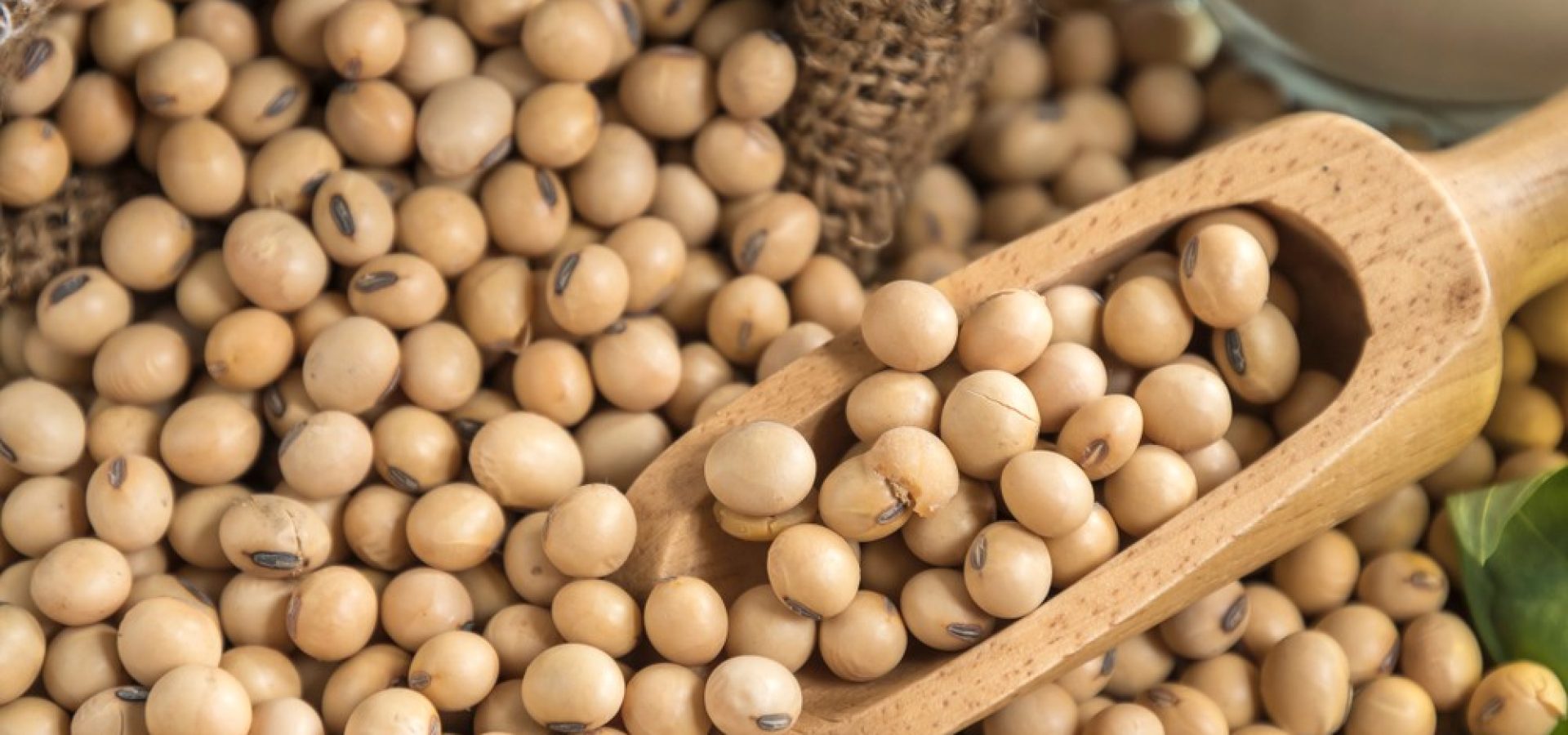Quick Look
- Bangladesh sees price increases in essentials despite government efforts to reduce import duties.
- Prime Minister of Bangladesh blames hoarding for price hikes; market trends show significant increases in onion, sugar, and beef prices.
- Indonesia’s Bulog confirms ample rice stocks; government launches Cheap Food Movement to combat rising rice prices.
- Both countries face challenges due to currency depreciation and supply chain issues, impacting the cost of imports.
In Dhaka, Bangladesh, as the Muslim community prepares for the holy month of Ramadan starting in the second week of March, the country faces a surge in the prices of essential commodities. Despite the government’s proactive measures, including a reduction in import duties on key staples like rice, edible oil, sugar, and dates, prices continue to climb. On February 22, an announcement promised a decrease in soybean oil prices, from Tk 173 to Tk 163 per litre, a move aimed at providing relief to consumers.
However, Prime Minister Sheikh Hasina pointed fingers at anti-government elements, accusing them of exacerbating the situation by hoarding, thus artificially inflating prices. The market paints a grim picture, with onions witnessing a more than 35% price jump, selling between Tk 110–120 per kg. Sugar and gram have also seen significant hikes, with retail prices breaching government estimates. The beef market is not spared either, with prices soaring by up to Tk 80 per kg.
Import Costs Spike Amidst Taka’s Fall, Energy Prices
The import figures tell a tale of increased attempts to stabilize the market, with imports of essential commodities, barring sugar, seeing a rise in December 2023 and January 2024 compared to the previous year. Nonetheless, the depreciating taka against the dollar, coupled with rising power and energy prices, has escalated the cost of imports, contributing to the price volatility.
Switching focus to Jakarta, Indonesia, the government, along with the state-owned food company Bulog, has taken steps to reassure the public of sufficient rice stocks and the distribution of food aid to millions. Despite these measures, the price of premium rice has hit record highs, far exceeding the government’s cap. The ripple effect of high corn feed prices on chicken and eggs further strains household budgets.
Indonesia Fights Food Inflation with Cheap Food Movement
To counteract these challenges, the Indonesian government has launched the Cheap Food Movement, aiming to provide rice at prices below the maximum retail threshold. This initiative reflects a broader strategy to mitigate the impact of rising food costs and ensure accessibility to affordable staples during Ramadan and Eid.
Both Bangladesh and Indonesia are grappling with the dual challenges of ensuring food security and managing inflation as they approach a period of significant cultural and religious importance. The effectiveness of government interventions amidst fluctuating market dynamics and external economic pressures remains a critical watchpoint for both nations as they strive to balance affordability with supply stability.









COMMENTS